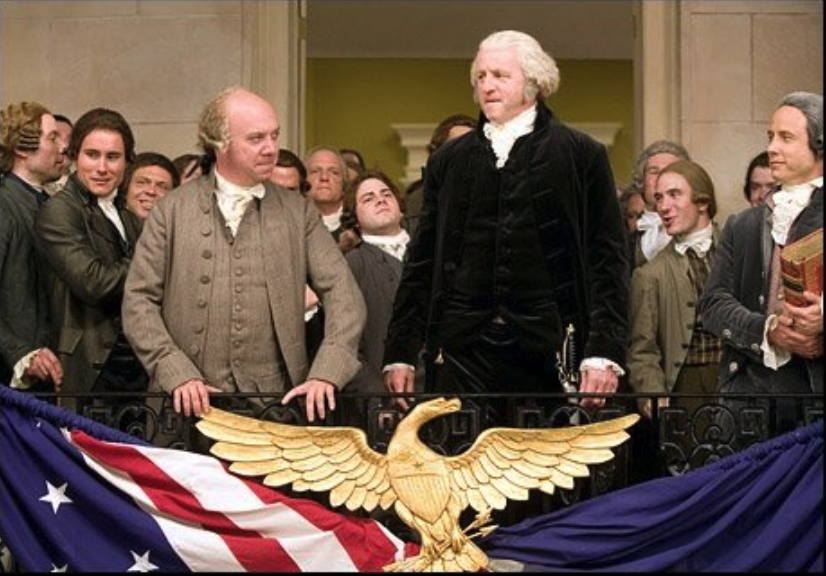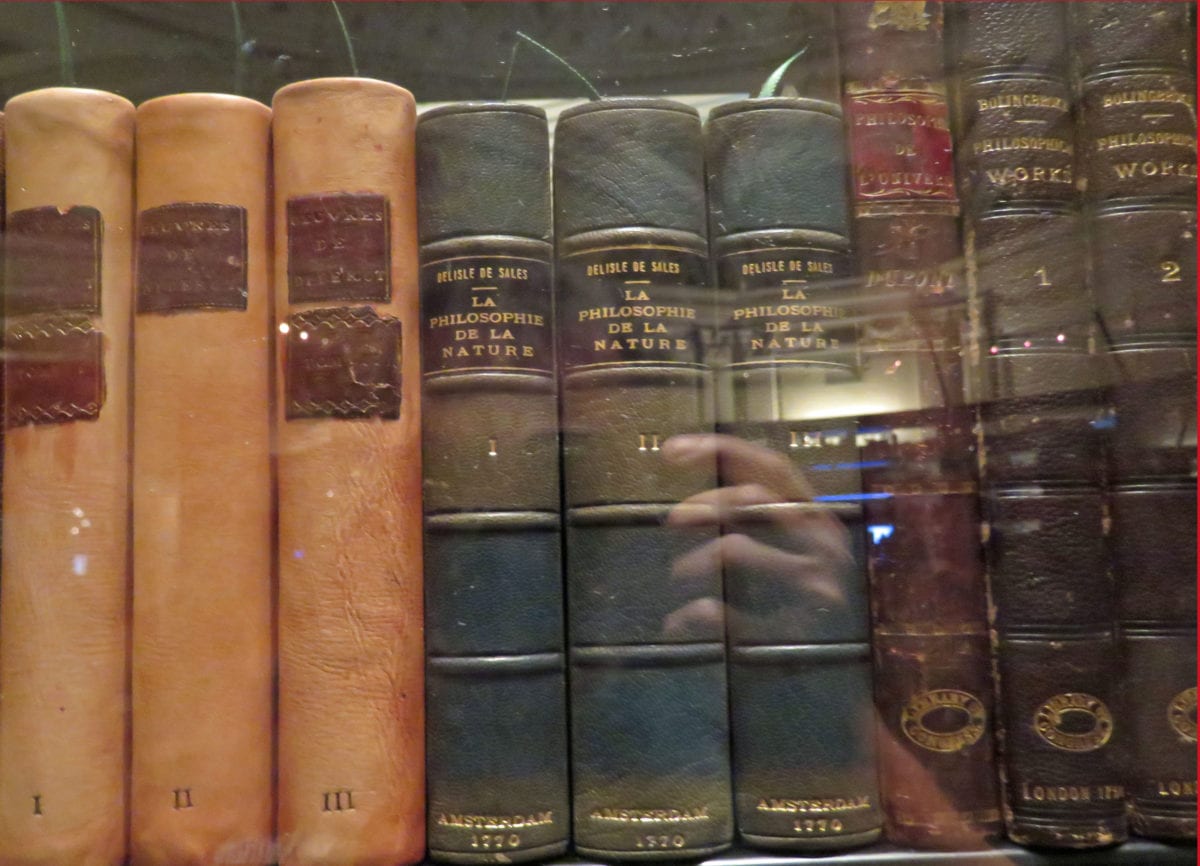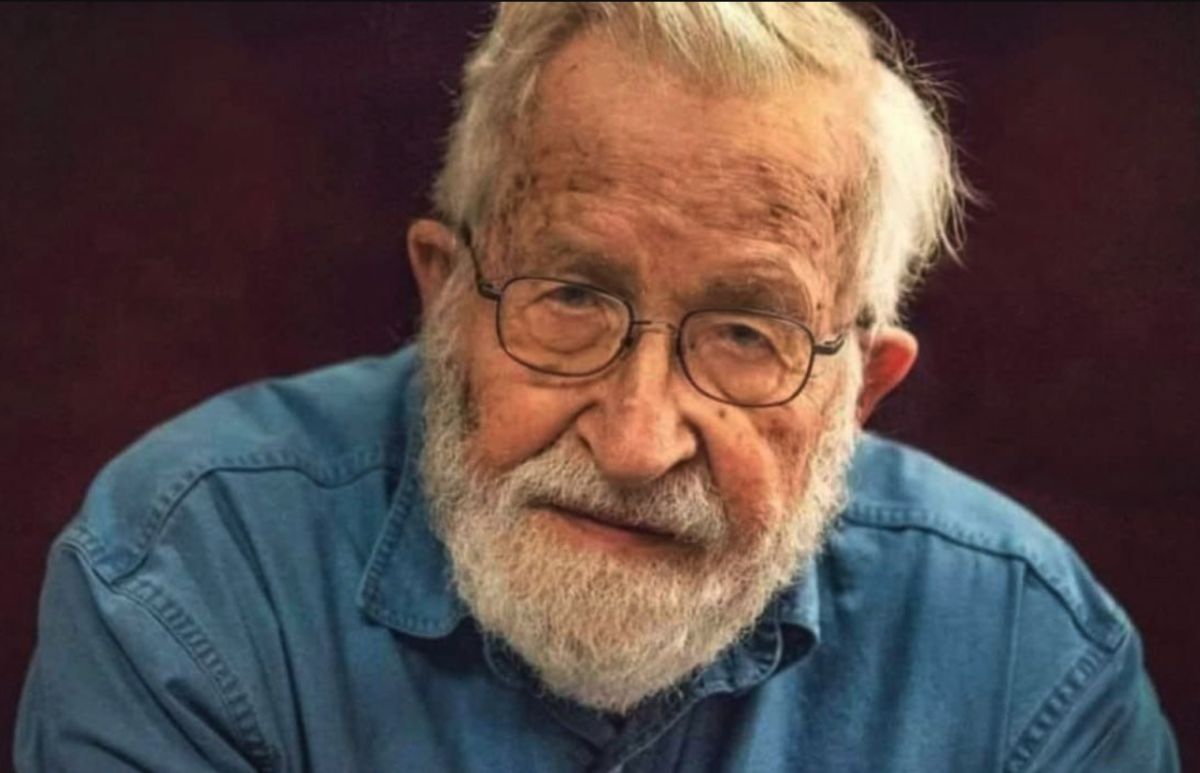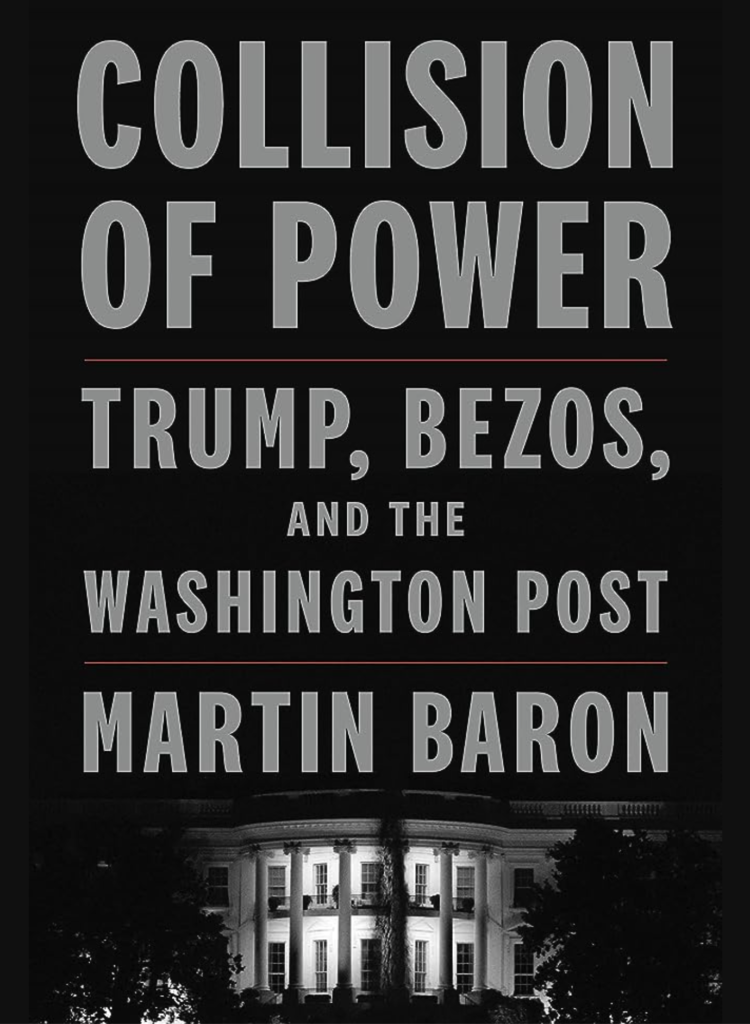– John Adams
The Big Picture –
By Glynn Wilson –
WASHINGTON, D.C. — There’s no good excuse these days to be ignorant about anything.
Any information you want or need is available online, if only people would take the time to search it out and read.
The problem is not a lack of good, factual information. The problem is the proliferation of bad, nonfactual information, put out by bad actors in an attempt to mislead people and profit either politically or economically or both from promoting ignorance.
The other problem is many people can’t or won’t take the time to read. They may listen to something on the radio or watch something on cable TV — which is fine but it’s NOT the best way to learn about anything. Every radio and TV news talk show is full of personal opinion biases from people who may not be the most educated on the subject. Plus, studies show that people comprehend and retain information from reading, but not so much from listening or watching.
What’s worse — and I see this as a big trend on my own Facebook feed — people just ask their friends to explain things to them in social media comments. This is no way to find accurate answers or learn anything. It’s lazy and shallow.
For all the problems with Google, other search engines and machine learning, the web is loaded with solid, factual information about any topic you can imagine under the Sun.
John Adams
For comparison’s sake, imagine what it must have been like to be John Adams traveling by horse and buggy between Boston and Philadelphia in 1776. I recently rewatched the HBO series “John Adams,” based on David McCullough’s Pulitzer Prize winning biography of the second president of the United States.
I came away with it again feeling sorry for Adams. Or maybe I just felt sorry for Paul Giamatti who plays Adams. According to the New York Times review at the time it came out, the reviewer wrote that “John Adams is certainly worthy and beautifully made, and it has many masterly touches at the edges, especially Laura Linney as Abigail. But Paul Giamatti is the wrong choice for the hero.”
NYT: Blowhard, Patriot, President
He was probably cast because he looked like Adams. Much of the story itself was dark in the telling. And maybe that’s what Adams’ life was like.
The only way Adams was as smart as he was at that time, however, smart enough to argue for independence from Great Britain before the Continental Congress and forge a constitutional democratic republic, was because he read books and newspapers, and newspapers in those days were nothing compared to what we had in the 20th century. They were full of biased reports from partisan hacks.
A library in those days could fit into a single room. We have one great example in Thomas Jefferson’s library books, on display in the Library of Congress, which I was able to visit a few years back.
It’s astonishing to realize just how few books were published at that time, compared to all the information we have at our fingertips any day now with an internet connection.
So with all this information available to them, how can some people be so ignorant of facts and history that millions of people would support a corrupt, authoritarian dictator for president of the United States? And what do we have to look forward to in the near future?
Two Problems
There are two problems I see going forward. The first is the death of newspapers. The second is the trend to rely in machine learning for information, what the hacker-programmers are calling “Artificial Intelligence” or AI.
It strikes me as odd that anyone would willingly rely on something with the term “artificial” in the name. Something that is “artificial” is an adjective meaning something produced by humans that does not occur naturally. It is an “imitation” of a natural product, or a “substitute” of something that is “not genuine.”
While doing my reading online, I recently ran across a guest op-ed in the New York Times penned in part by linguist and scholar Noam Chomsky.
He and his co-authors expressed concern “because we fear that the most popular and fashionable strain of A.I. — machine learning — will degrade our science and debase our ethics by incorporating into our technology a fundamentally flawed conception of language and knowledge.”
“… we know from the science of linguistics and the philosophy of knowledge that they differ profoundly from how humans reason and use language,” they write. “These differences place significant limitations on what these programs can do, encoding them with ineradicable defects.”
“The human mind is not, like ChatGPT and its ilk, a lumbering statistical engine for pattern matching, gorging on hundreds of terabytes of data and extrapolating the most likely conversational response or most probable answer to a scientific question,” they say. “On the contrary, the human mind is a surprisingly efficient and even elegant system that operates with small amounts of information; it seeks not to infer brute correlations among data points but to create explanations.”
While saying the predictions of machine learning systems “will always be superficial and dubious,” they go on to say these AI programs “are stuck in a prehuman or nonhuman phase of cognitive evolution. Their deepest flaw is the absence of the most critical capacity of any intelligence: to say not only what is the case, what was the case and what will be the case — that’s description and prediction — but also what is not the case and what could and could not be the case. Those are the ingredients of explanation, the mark of true intelligence.”
In preparing their conclusions, the authors conducted some tests, at one point even getting ChatGPT to admit one of its key limitations.
“As an AI, I do not have moral beliefs or the ability to make moral judgments, so I cannot be considered immoral or moral.”
In the final analysis, they conclude: “In short, ChatGPT and its brethren are constitutionally unable to balance creativity with constraint. They either overgenerate (producing both truths and falsehoods, endorsing ethical and unethical decisions alike) or undergenerate (exhibiting noncommitment to any decisions and indifference to consequences). Given the amorality, faux science and linguistic incompetence of these systems, we can only laugh or cry at their popularity.”
Newspapers
To consider the other problem, the fate of newspapers, consider the recent book by retired Washington Post editor Marty Baron, The Collision of Power.
The New York Times reviewed the book.
Impeachments, #MeToo, Trump: Running The Washington Post During a Decade of Turmoil
“As Baron describes it, the job of an editor today revolves as much around spreadsheets, team-building, labor negotiations and social media guidelines as it does around relationships with reporters and supervision of coverage. That Baron managed that high-wire act so successfully — The Post won 10 Pulitzers on his watch — in an era of wrenching changes in politics and journalism shows that newsroom leadership, however devoid of ease or glamour, remains essential.”
I read more about it, and watched Baron interviewed at an LA Times Book Club event. I was a little surprised to see him talk so much about the story of Ten Commandments Judge Roy Moore who was defeated by Doug Jones in Alabama’s special election for the U.S. Senate in 2017, since I played a key role in covering that story myself. You can see what he says for yourself here.
Video
But even then, newspapers were not perfect, and I obviously believe there is a role to play in our coverage of public affairs by those of us who long ago realized the importance of publishing on the web, not just in print.
The Post may have broken the story on Moore’s sexual predilections, but it was the New American Journal that broke the story that Moore was banned from the Gadsden Mall for hitting on underage girls. The Washington Post won its Pulitzer, never admitting our contribution.
There is still an arrogance at work in the newspaper publishing world that holds them back and has allowed the likes of Google and Facebook to nearly destroy the news business.
We can do better, and we must.
___
If you support truth in reporting with no paywall, and fearless writing with no popup ads or sponsored content, consider making a contribution today with GoFundMe or Patreon or PayPal. We just tell it like it is, no sensational clickbait or pretentious BS.


















